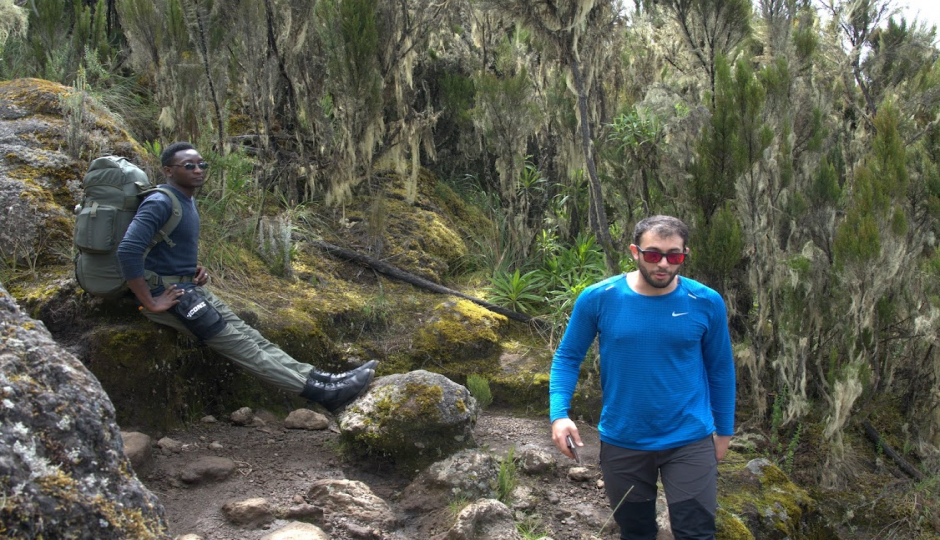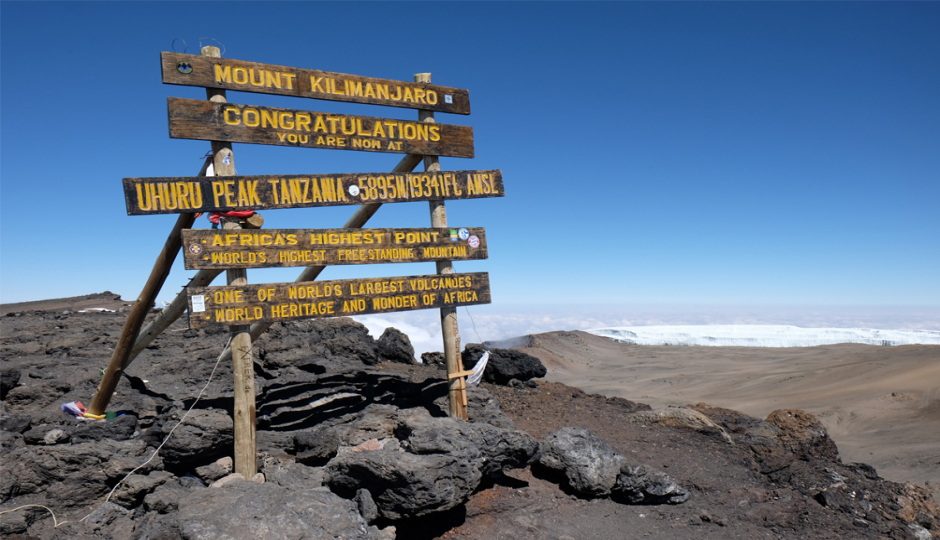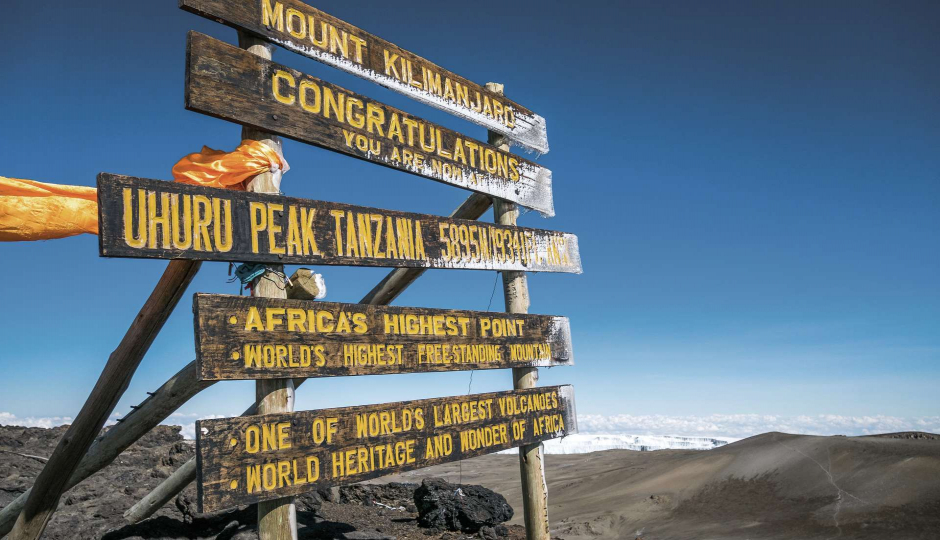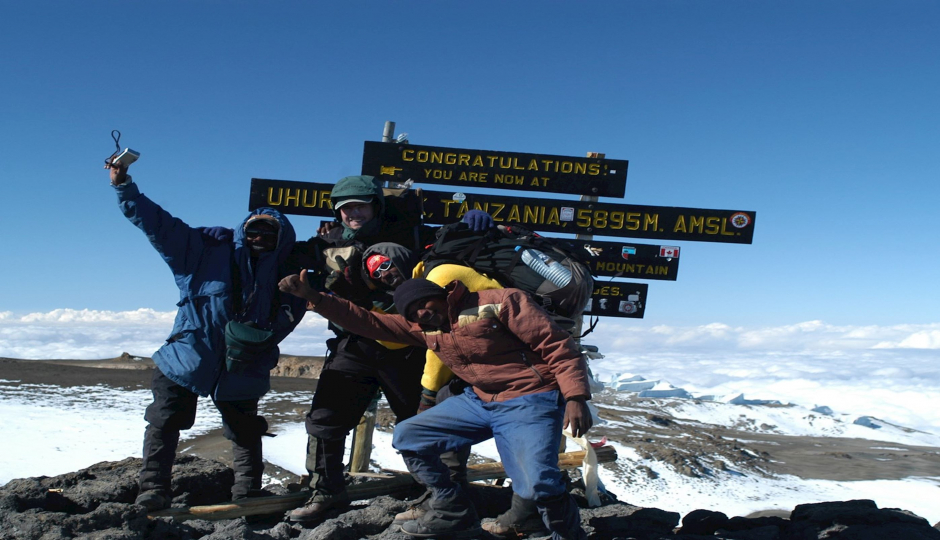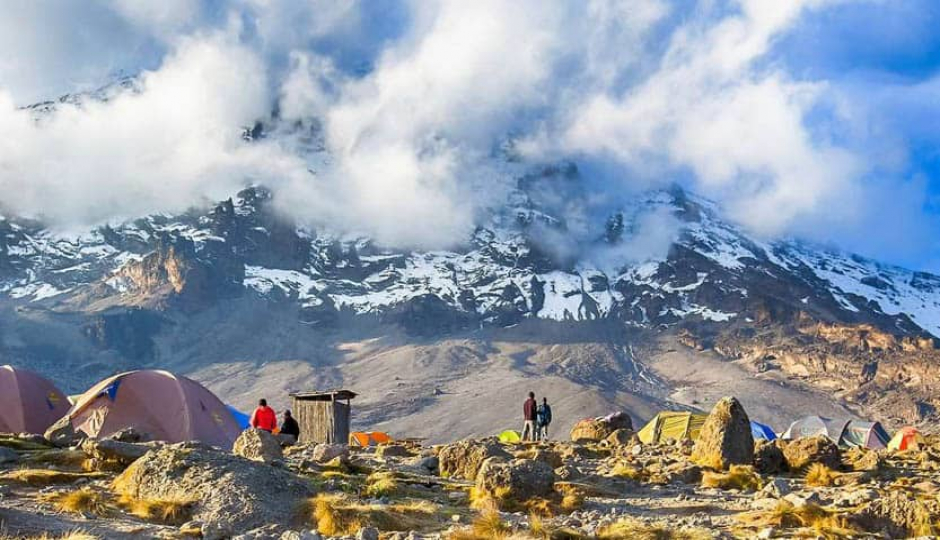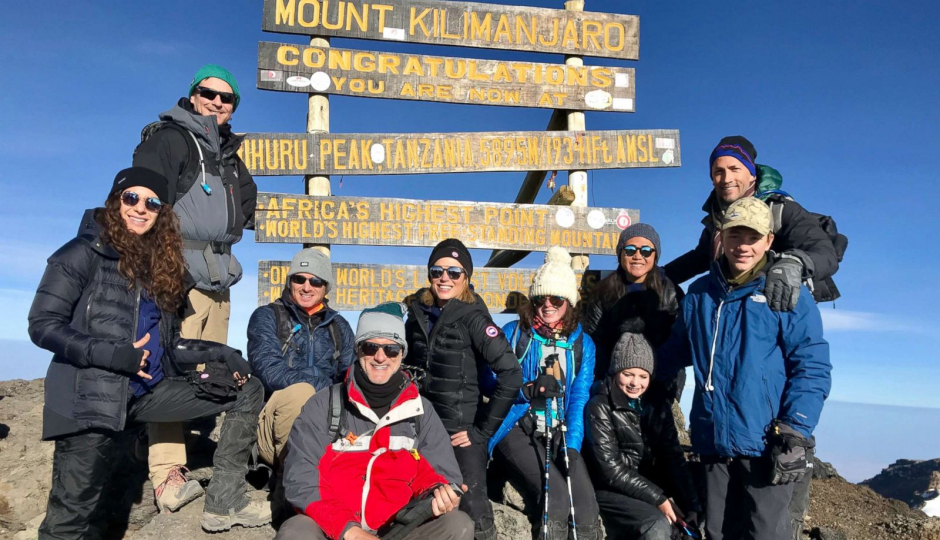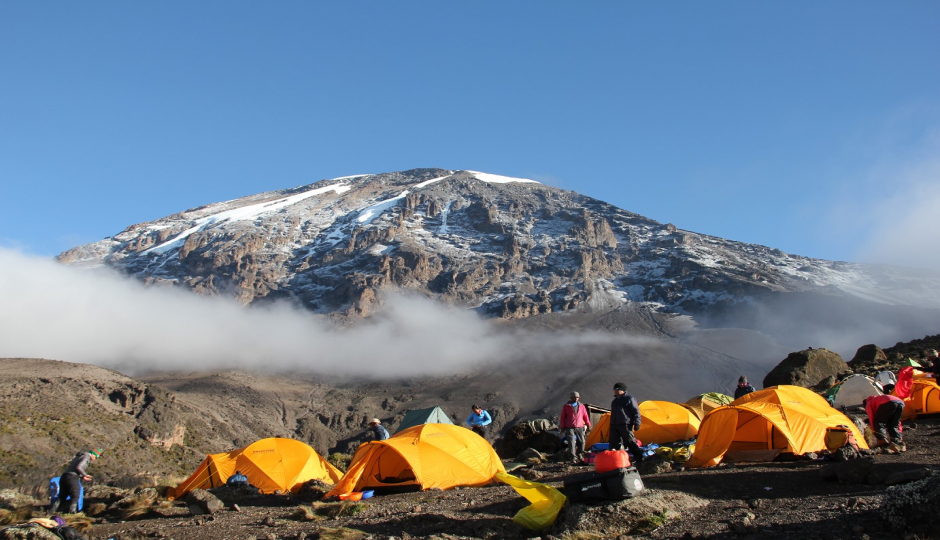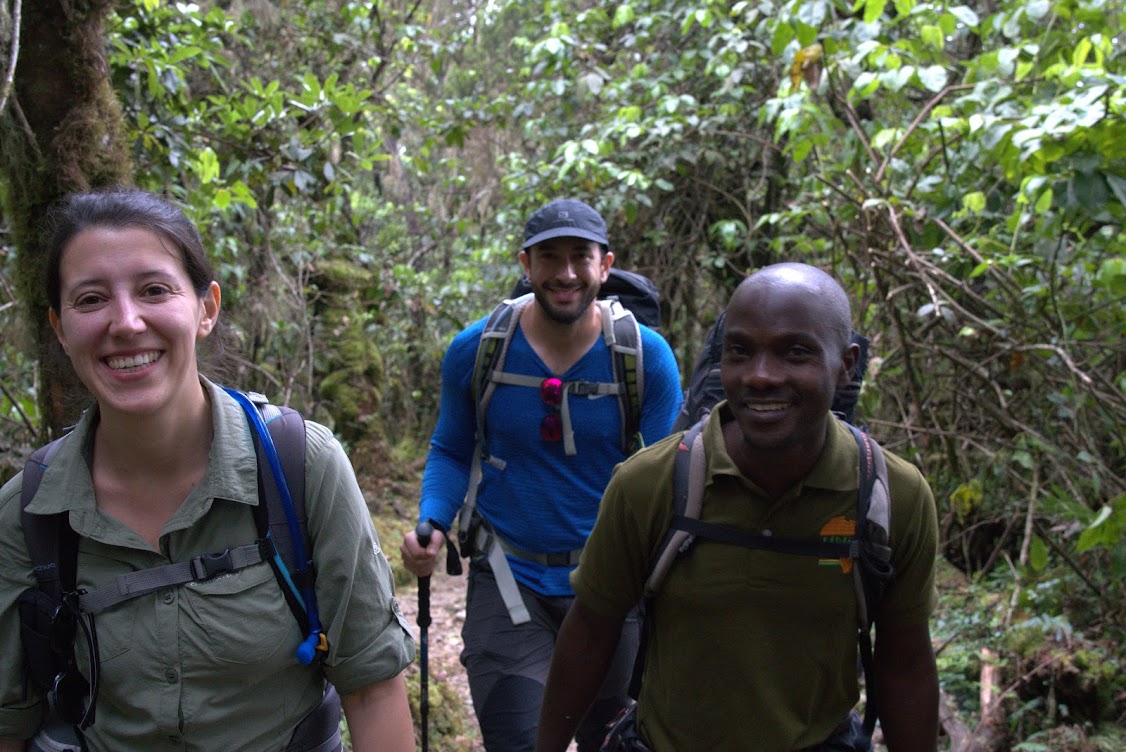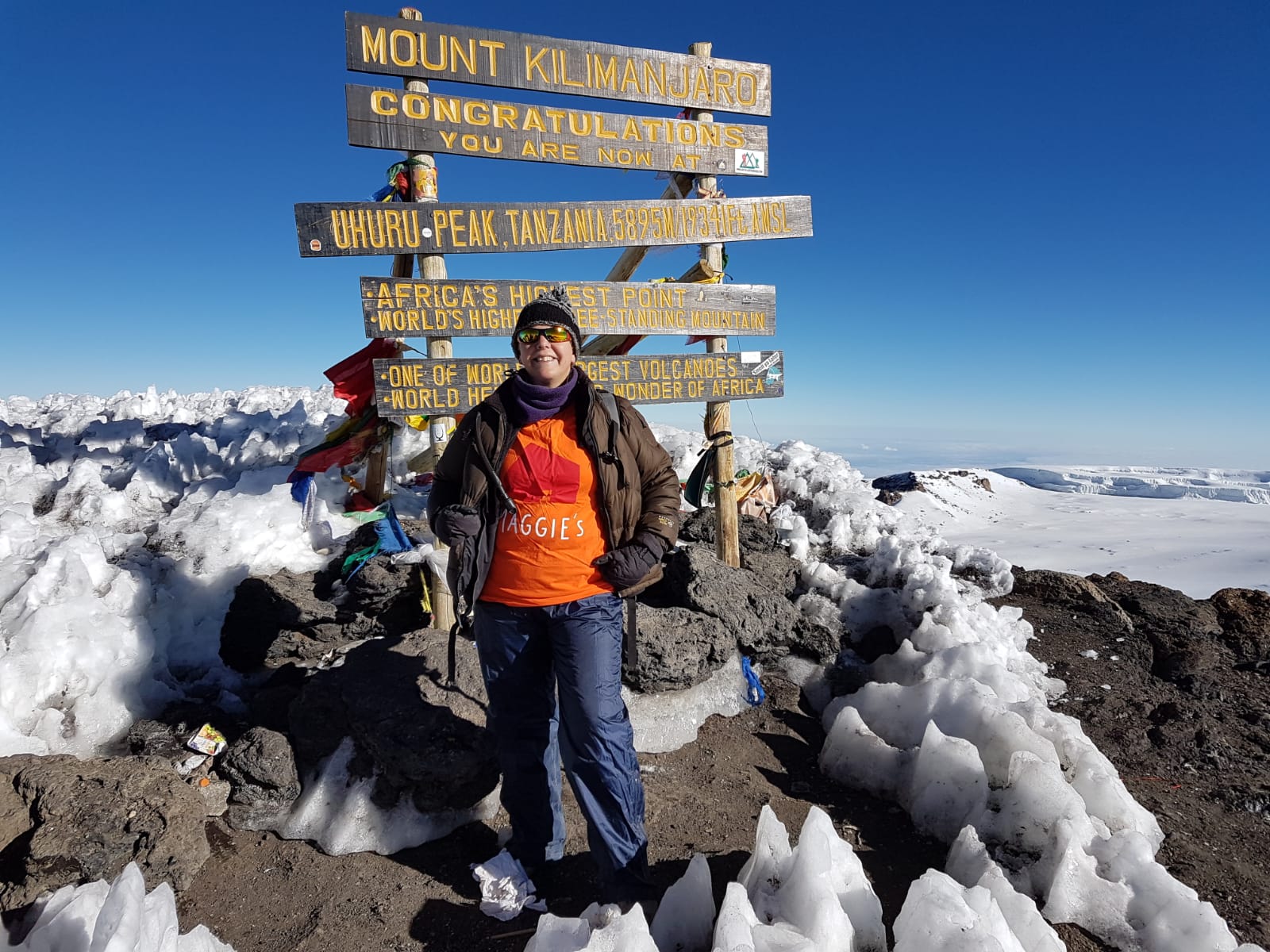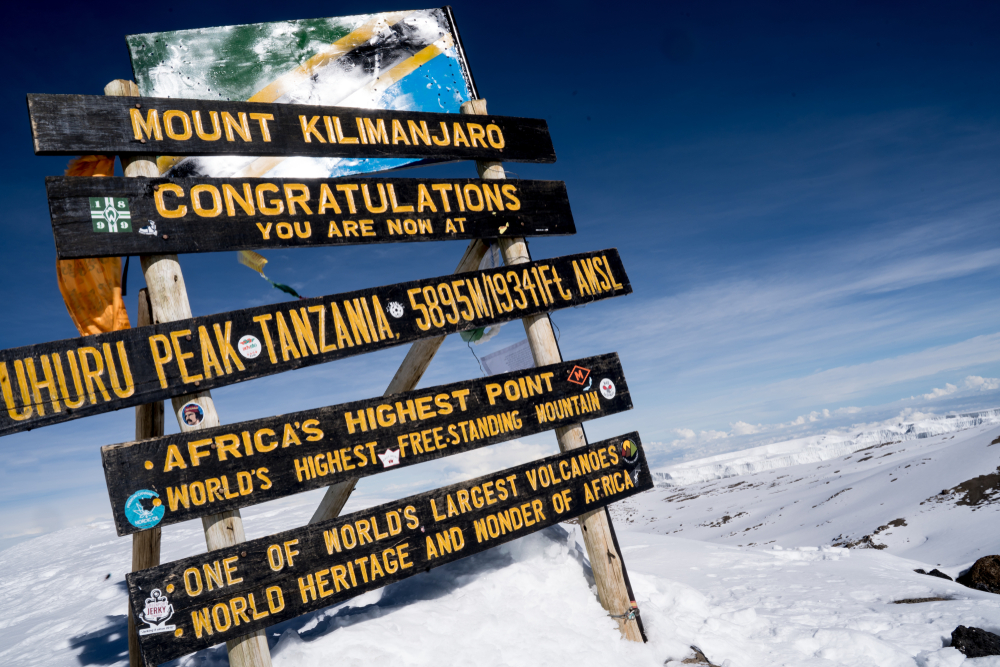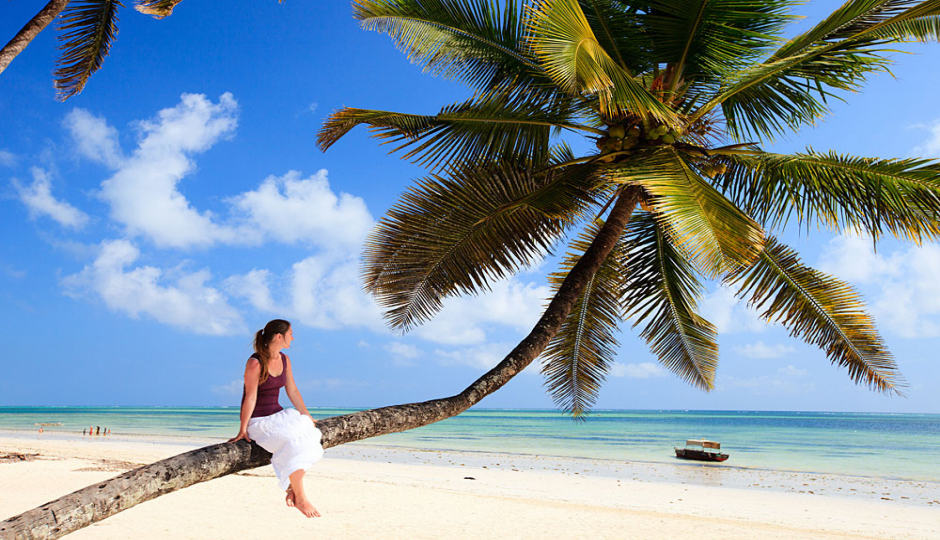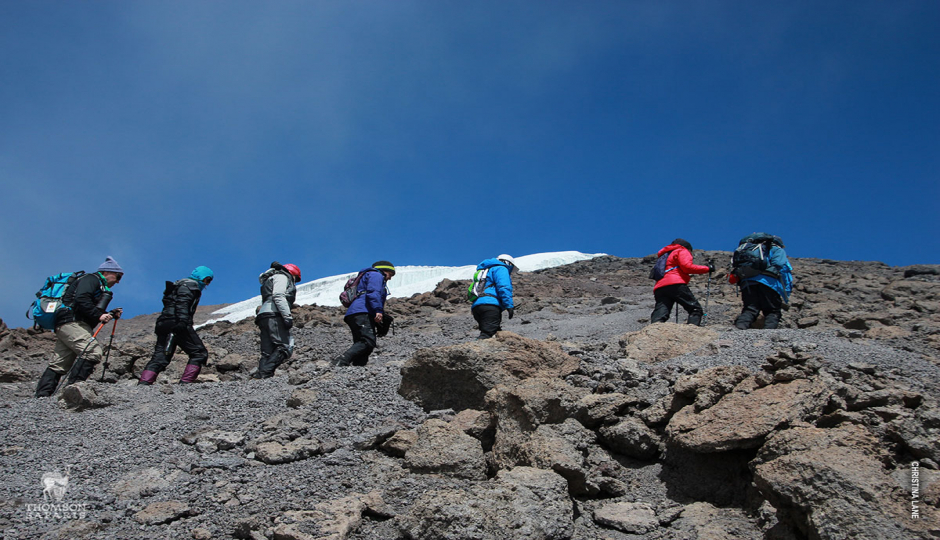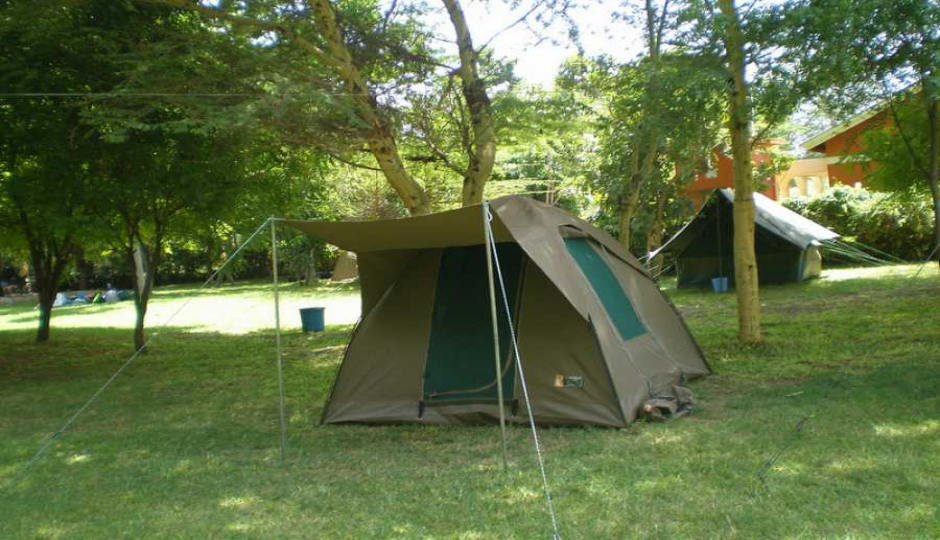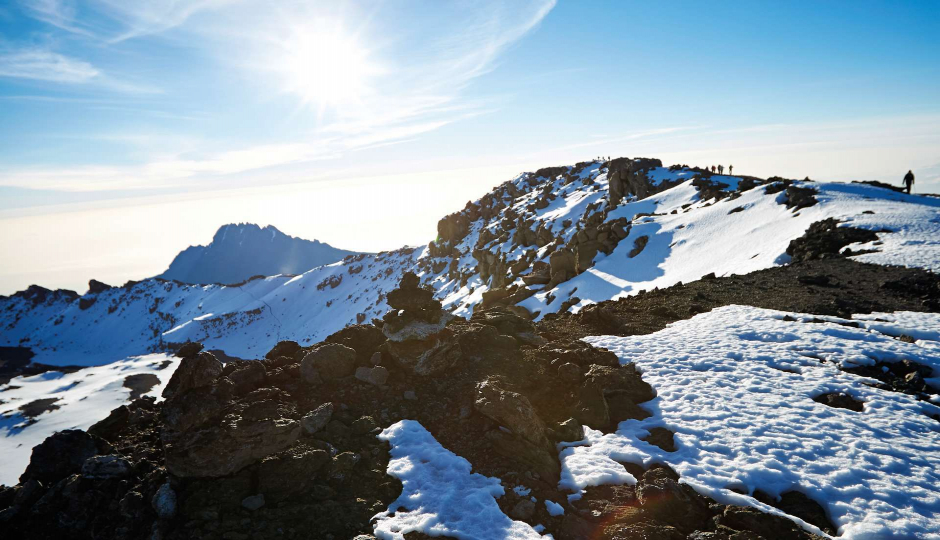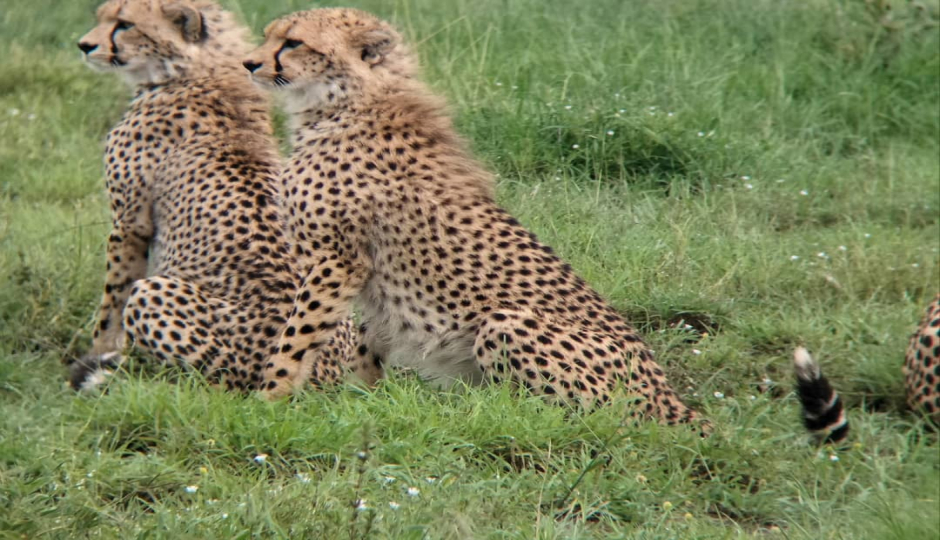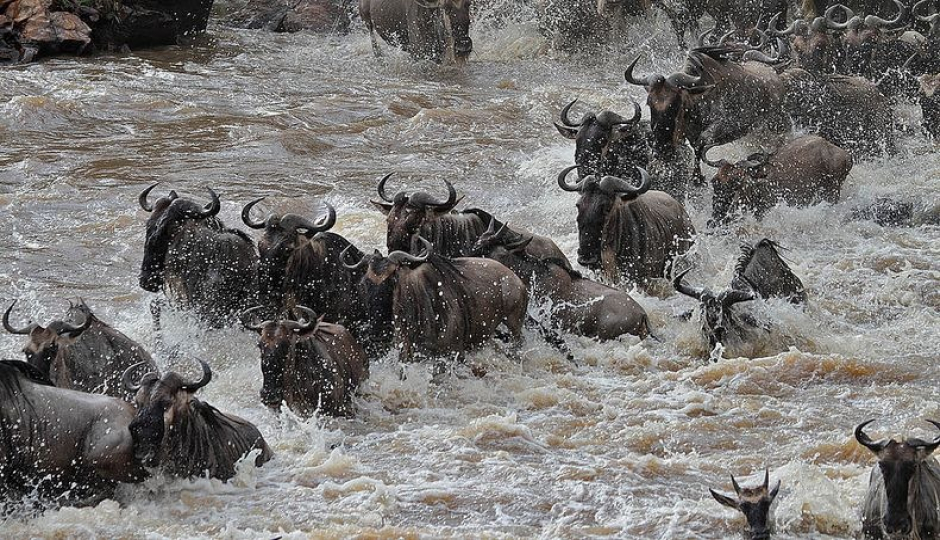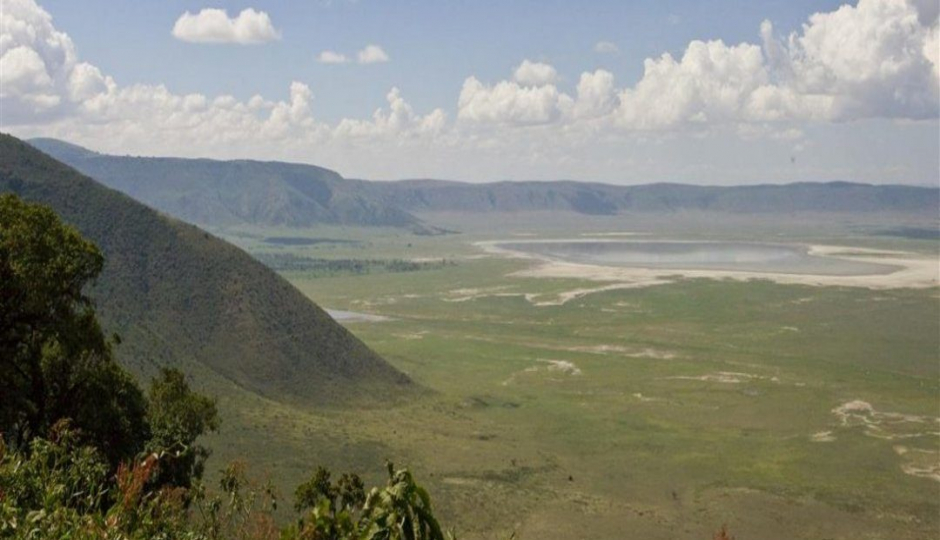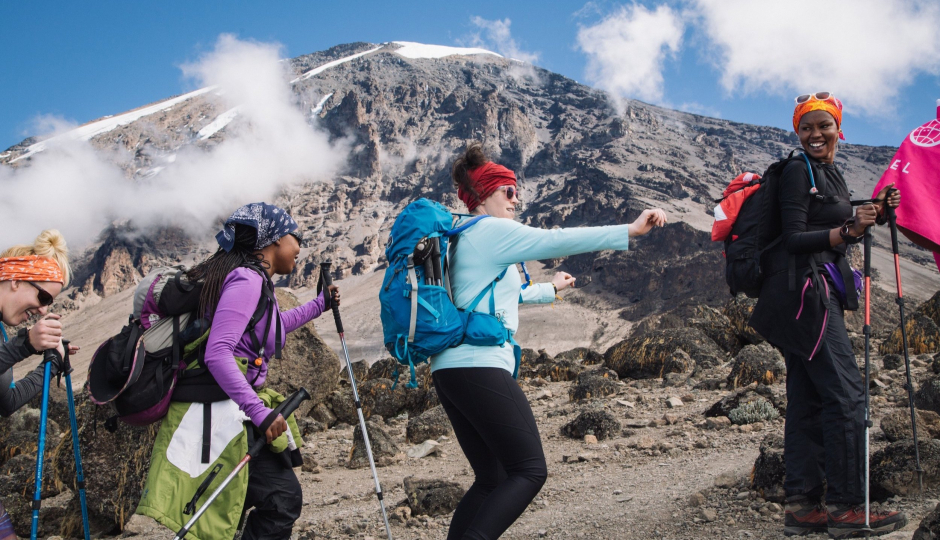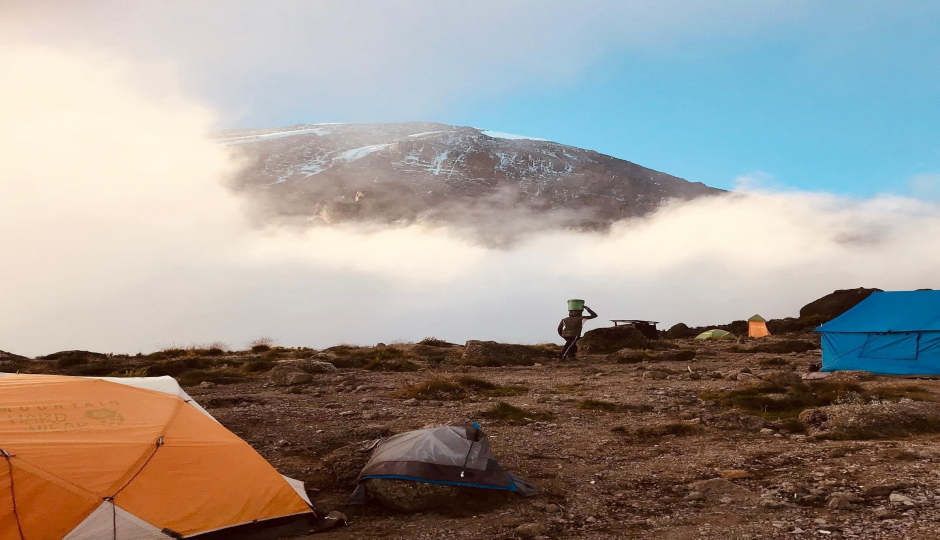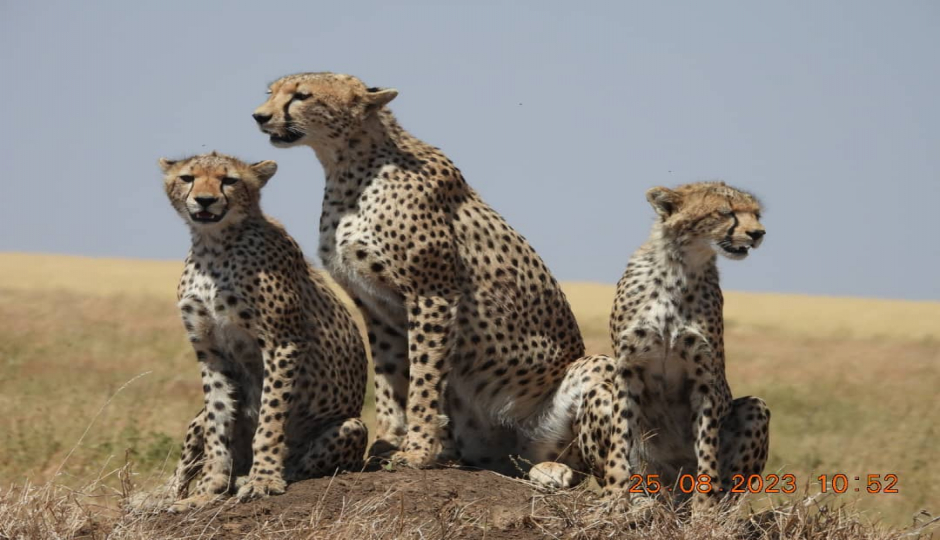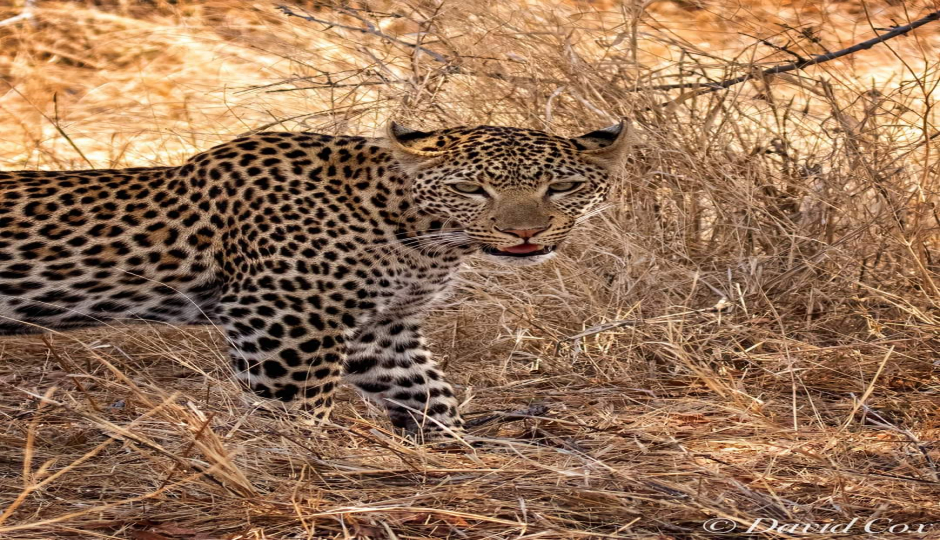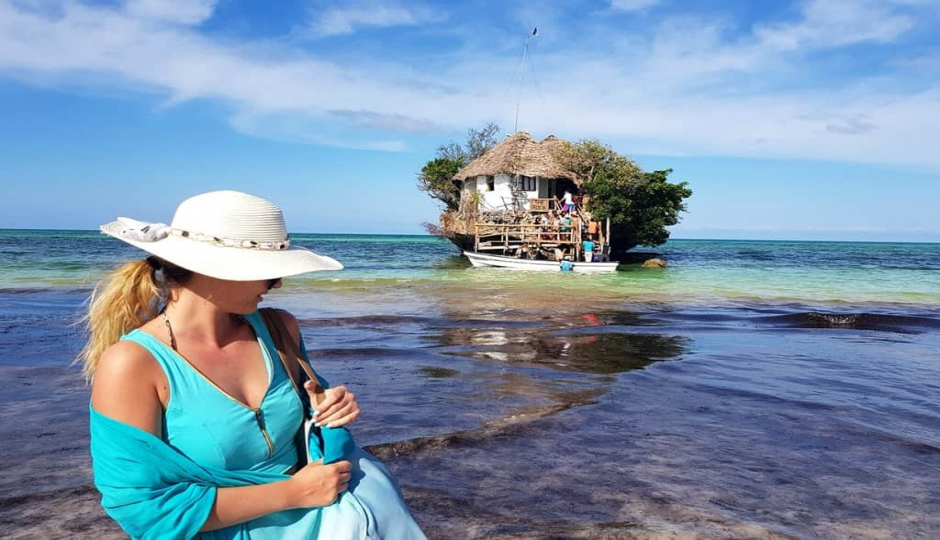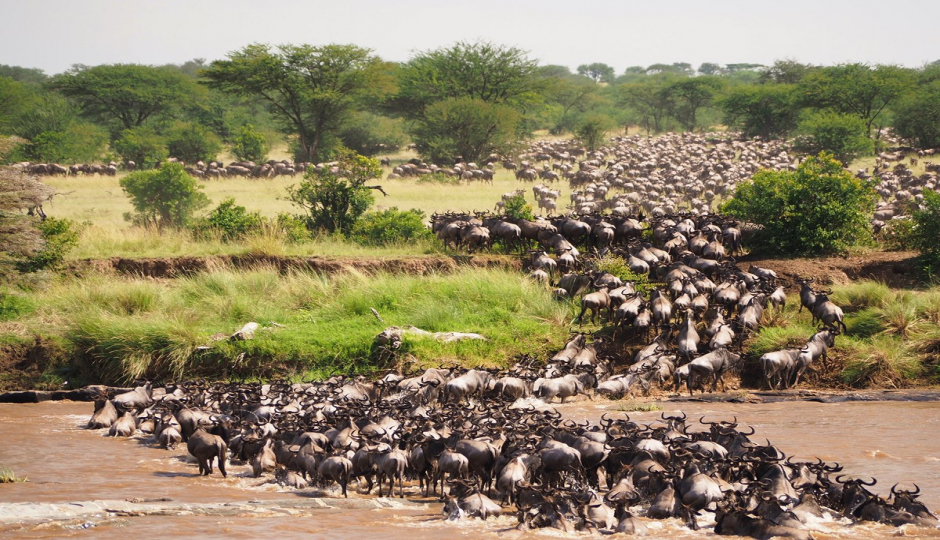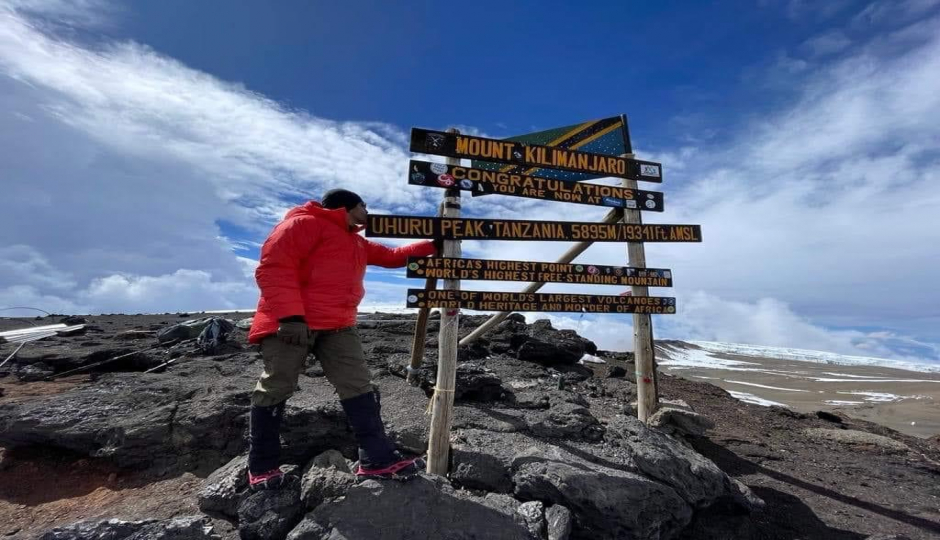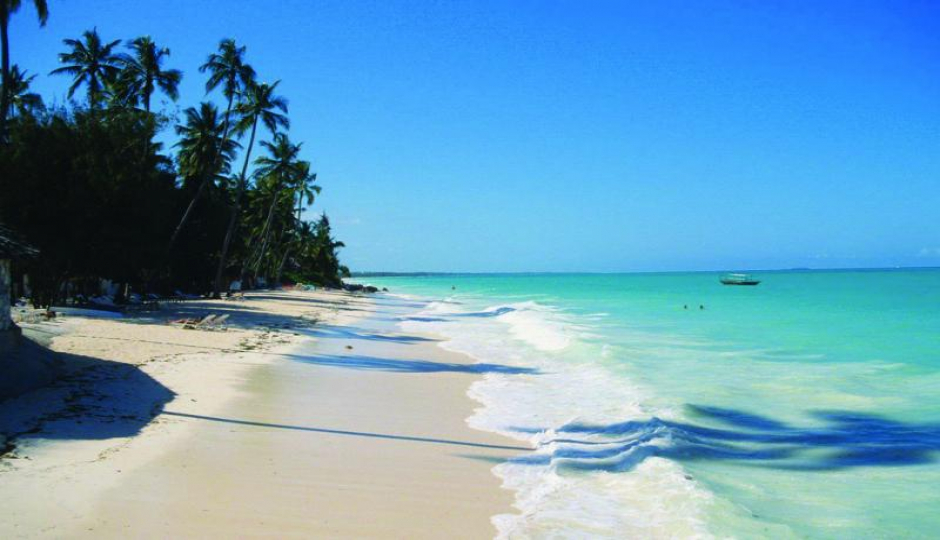🏔️ Kilimanjaro Climbing – Frequently Asked Questions
1. What is the best time to climb Mount Kilimanjaro?
The best times to climb Kilimanjaro are during the dry seasons: from January to mid-March and from June to October. These months offer more stable weather, clear skies, and better trail conditions. While you can climb year-round, the rainy seasons (April-May and November) can make the trail slippery and increase the challenge.
2. How fit do I need to be to climb Kilimanjaro?
You don’t need to be an elite athlete, but good physical conditioning is important. You’ll be walking several hours per day, sometimes at high altitude, so stamina and mental determination are key. Training with long hikes, cardio workouts, and strength training a few months in advance will greatly improve your chances of success and enjoyment.
3. Which Kilimanjaro route is best for me?
There are several routes, each with its own charm. The Machame Route is scenic and popular, Lemosho offers beauty and great acclimatization, Marangu has hut accommodation and is considered "easier," while Rongai is quieter and drier. Your choice depends on your fitness level, budget, and how many days you can spend on the mountain.
4. How much does it cost to climb Kilimanjaro?
Prices vary depending on the number of days, route, and quality of service. Budget climbs may start around $1,500–$2,000, while mid-range and premium packages can range from $2,500–$4,000 or more. The price covers park fees, guides, porters, accommodation, meals, safety gear, and transport. Avoid deals that seem "too cheap"—they may cut corners on safety or porter welfare.
5. Is altitude sickness a serious issue on Kilimanjaro?
Yes, altitude sickness is real and can affect anyone regardless of age or fitness. That’s why acclimatization is critical. Choosing a longer route (7–8 days) increases your chances of success. Our guides are trained in altitude awareness and carry equipment like oximeters and oxygen tanks to monitor and assist climbers. Always listen to your body and go "pole pole" (slowly, slowly).
6. What gear do I need to bring for the climb?
You’ll need proper hiking gear including warm layers, waterproof clothing, sturdy boots, a good sleeping bag, a daypack, headlamp, and personal items. We provide a full packing list when you book, and rental gear is available for most items if needed. Staying warm, dry, and comfortable is key to a successful summit attempt.
7. Are your guides and porters certified and treated well?
Yes! Our Kilimanjaro team includes certified, experienced guides trained in mountain safety, first aid, and wilderness rescue. We’re proud members of KPAP (Kilimanjaro Porters Assistance Project), ensuring that our porters receive fair wages, proper meals, safe working conditions, and respectful treatment.
8. What kind of food is provided during the trek?
We provide nutritious, hot meals prepared by our mountain chefs. Expect a mix of local and international dishes—soups, rice, pasta, vegetables, fruits, eggs, and meat (when possible). Vegetarian, vegan, and gluten-free options are available upon request. We also provide purified water daily.
9. Do I need travel insurance for Kilimanjaro?
Absolutely. Travel insurance is required and must cover high-altitude trekking up to 6,000 meters. It should also include emergency evacuation, medical coverage, and trip cancellation. It's a small price to pay for peace of mind while you take on the adventure of a lifetime.
10. What happens if I can’t continue or reach the summit?
Your health and safety come first. If you experience symptoms of altitude sickness or fatigue, your guide will make the best decision—sometimes this means descending early. A support team will accompany you to a lower altitude or back to base. Remember, reaching the summit is amazing, but the journey and effort matter just as much.

